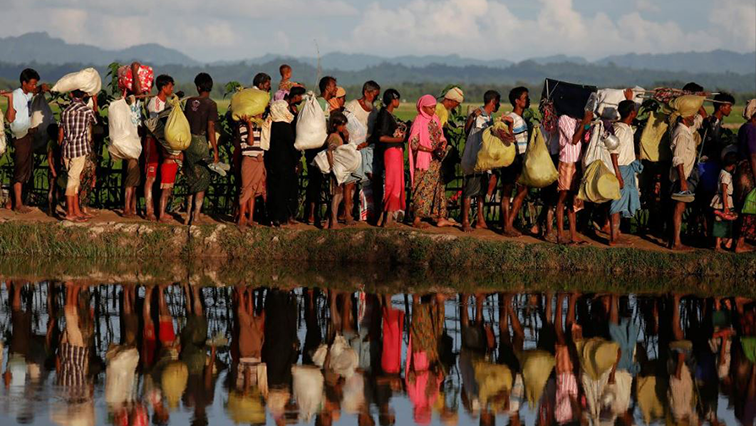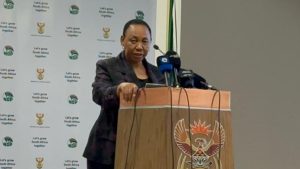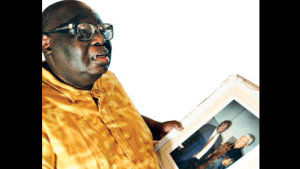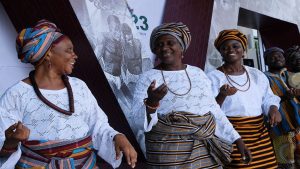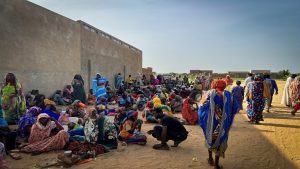Authors: Nic Dawes and Dewa Mavhinga
This month, the President Cyril Ramaphosa government missed its chance to stand up for the victims of an ethnic cleansing campaign that has caught the world’s attention for its callous brutality.
The Rohingya in Myanmar have suffered what a United Nations (UN) created fact-finding mission found to be persecution that “may also amount to the crime of apartheid.”
Unfortunately, for the second year running, South Africa chose to abstain on the UN General Assembly committee resolution seeking to respond to the situation, leaving the country on the side lines of a critical human rights discussion.
But South Africa will have a second chance to cast its ballot once the resolution comes before the General Assembly for a final vote in late December. That is the vote that will live on in history books. Pretoria should change its position.
While South Africa did not oppose the measure, neighbouring Zimbabwe was one of the only 10 countries that voted against the text, its abstention seems out of step with the values of a country that was born out of the ashes of apartheid, enshrined human rights in its constitution, and holds itself out as a champion for rights globally.
People all over the world supported the anti-apartheid struggle in South Africa. Countries rallied together at the UN. That movement shaped a generation’s view of the power of the international community to push for change, even in the most unlikely circumstances.
By standing in solidarity with the Rohingya and supporting this year’s UN resolution, South Africa’s African National Congress (ANC) government has a chance to complete that circle.
Rohingya, who have seen their homes torched by Myanmar military, their women raped and their children thrown into fires, may have expected solidarity from the government leading South Africa. After all, the UN stood with them as they successfully challenged brutality and discrimination at home.
It is disappointing that India joined South Africa in abstaining on this year’s resolution. The government of India was among the first to raise concerns about the unequal treatment of non-whites in South Africa at the UN.
In 1948, shortly after receiving its independence, India cautioned the UN that “if the belief that there is to be one standard of treatment” for some races and another for others “continues to gain strength… the future for solidarity among the members of the United Nations and, consequently, for world peace, will indeed be dark.”

Picture: Screen grab of the board showing the voting tallies. Source:UNTV
Those words remain true to this day but neither India nor South Africa appear to be willing to use them as a guide for their UN votes. As 142 countries joined together in an unprecedented condemnation of the situation facing the Rohingya and other at-risk minorities in Myanmar, many South Africans were justifiably outraged by their government’s seeming indifference to the suffering of some of the world’s most vulnerable people.
The abstention on Myanmar comes in marked contrast from the South African position on Palestine, where a principled solidarity with victims of human rights violations and entrenched discrimination has guided Pretoria’s foreign policy.
Still, South Africa’s vote is not completely a surprise. With China and Russia among the handful of ‘No’ votes on last week’s measure, Brazil was the only member of the BRICS that voted in favour of the resolution. Japan abstained too.
Under the Jacob Zuma government, last year, South Africa at the General Assembly abstained on a very similar resolution about human rights in Myanmar. A decade ago, when South Africa was sitting on the Security Council and Thabo Mbeki was president, South Africa was the only country to join Russia and China in opposing a resolution that would have called on Myanmar to cease military attacks against civilians in ethnic minority regions and begin a substantive political dialogue that would lead to a genuine democratic transition.
Nonetheless, with Ramaphosa promising a new day, there was hope for something better. In January 2019, South Africa takes its third turn sitting on the world’s most powerful UN body: the UN Security Council. After its election, International Relations and Cooperation Minister Lindiwe Sisulu proudly announced that “our tenure in the Security Council will be dedicated to the legacy of President Nelson Mandela and his commitment to peace.”
As a Security Council member, South Africa will have an opportunity to make a difference on the most pressing crises of the day. It will be asked to take positions on the credibility of elections in the DRC, famine in Yemen, justice for South Sudanese victims, chemical weapons use in Syria, the fight against ISIS in Iraq, the peace process in Colombia and many other issues.
But if the Department of International Relations and Cooperation continues to keep silent and sit on the side lines, as it has on the Rohingya crisis, there’s little chance that it will live up to Madiba’s legacy.
There is still time to adjust of course. Let us hope that Pretoria finds the will to do it.
Nic Dawes is acting managing director at Human Rights Watch and former editor-in-chief of the Mail and Guardian. Dewa Mavhinga is Southern African director at Human Rights Watch.


